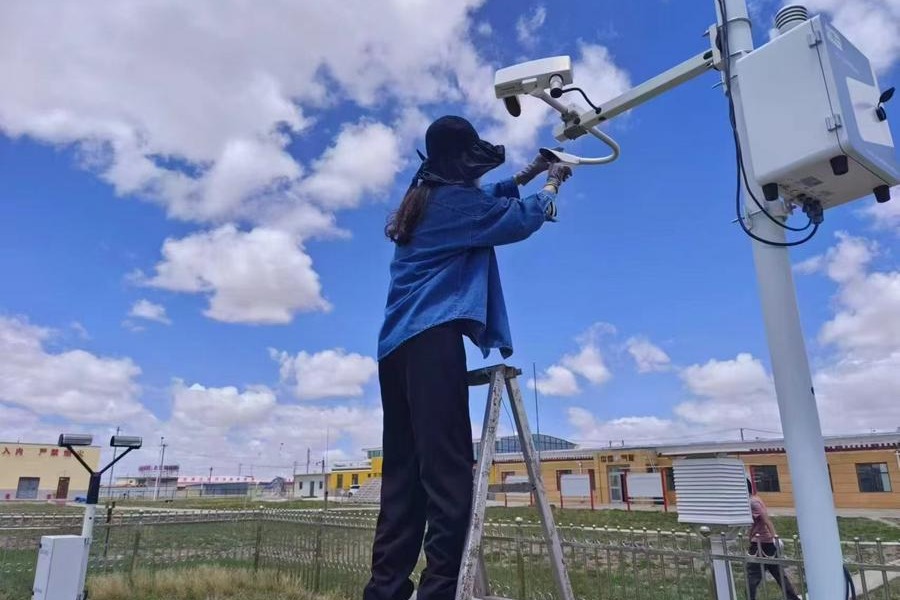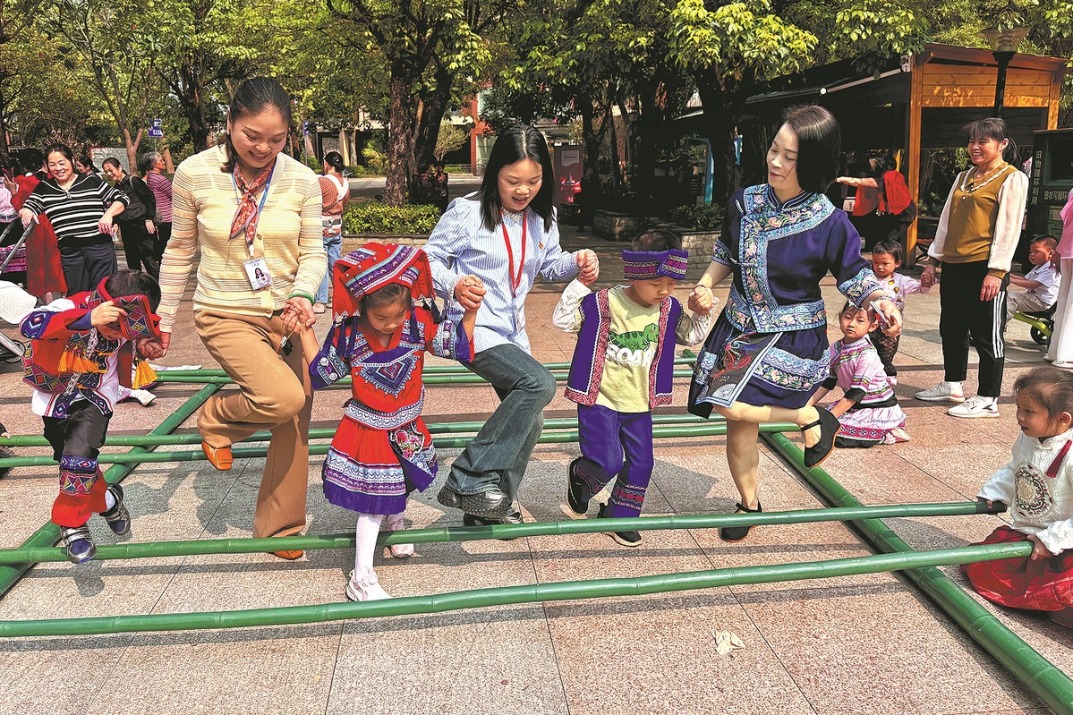Students' sleep deprivation poses serious health risks, report says


Since his 13-year-old son enrolled in middle school last year, Luo Minghui, an engineer in Hefei, capital of East China's Anhui province, has found the boy's homework load becoming much heavier by the day.
Returning from school after 5 pm, Luo's son starts on his homework until dinnertime. Following a short break, he continues working on various subjects, including Chinese, math and English, past 9 pm.
"Sometimes, he continues to recite paragraphs from Chinese textbooks after 10 pm to memorize them," Luo said.
"I have to watch him so he will not play with his mother's smartphone while doing his homework, as he has to get up at 6 the next morning to go to classes."
Like Luo's son, a growing number of students in China cannot get enough sleep due mostly to homework loads and the use of electronic devices, which healthcare specialists said could pose serious medical risks, according to latest health figures.
Nearly 63 percent of Chinese youngsters aged 6 to 17, most of them in primary and middle schools, sleep less than eight hours a day, the minimum amount of sleep suggested for the group, according to a major report by the Chinese Sleep Research Society, which tracks sleeping habits and related medical conditions nationwide, in March.
Students in senior grades sleep even less, according to the report. While about one-third of those aged between 6 and 12 slept less than eight hours a day, the figure for those aged 13 to 17 was more than 81 percent.
The report, based on extensive surveys late last year, covered nearly 70,000 children and teens aged 6 to 17 across the Chinese mainland, Hong Kong, Macao and Taiwan.
"Studies have shown decreasing sleeping time for children and teenagers, a global trend in the past 10 years," said Gao Xuemei, vice-president of the society.
"Children and teenagers in China and some other East Asian countries in general get the least sleep, compared with those in other regions, due to heavier homework loads."
"Lack of sleep among children and teenagers deserves a lot of attention, because it can seriously affect their health and growth and the quality of a nation's population," she said.
The report, released ahead of World Sleep Day, which fell on March 21 and aims to improve awareness of sleep disorders, said heavy homework loads and the popularization of electronic devices were the two top causes for inadequate sleep among students.
More than 40 percent of children and teens who sleep too little use electronic devices such as computer tablets and mobile phones, the survey found, and youngsters whose parents use smartphones in front of them are more likely to have less sleep, according to the report.
In the Guangxi Zhuang autonomous region, nearly one-third of students play games using electronic devices for more than two hours a day, becoming the group most addicted to the devices across the country, the report said.
Other factors, such as noise and light pollution, contributed to the problem, it said.
The survey also indicated that good sleep results in higher efficiency in studies. Students who sleep longer generally complete their homework in about two to three hours a day, while those who sleep less require four to six hours, it showed.
Zhao Zhongxin, a professor specializing in treating sleep disorders at Shanghai Changzheng Hospital, said getting adequate sleep is very important for people, especially for minors.
"Sleep promotes growth, protects the brain and improves the immune system," he said. "Long-term deprivation of sleep will bring risks of diseases and conditions such as dementia and cause lasting health damage."
Wang Guanghai, a member of the Chinese Sleep Research Society and a psychological consultant, said the excessive use of electronic products in China is a major factor behind the lack of sleeping time for teens and children. More effective measures are needed to stem their addiction to the devices, he said.
"Some of them use tablets for more than four hours a day," he said. "It has become a serious problem that affects minors' health."
Wang also suggested that local education authorities across China take more measures to help students get more sleep, including delaying the start of morning classes so students will not have to get up too early.
Gao, vice-president of the Chinese Sleep Research Society, said parents should also avoid using smartphones frequently in front of their children, and try to prevent them from using electronic devices before they sleep.
- China achieves first lunar-distance laser measurement
- China mulls law revision to enhance infectious disease prevention, control
- China's Shenzhou XIX astronauts complete handover
- French govt honors Xu Bo
- China unveils 2025 plan to boost digital literacy, skills
- Chinese pangolins: fragile rebound amidst mounting challenges





































